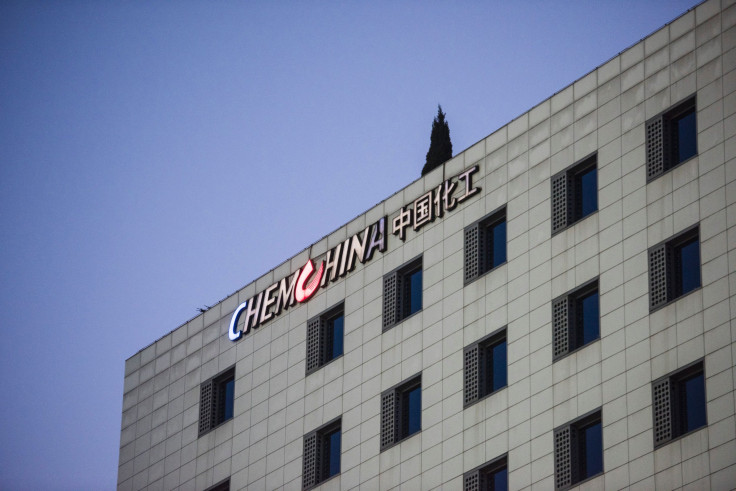Brexit Concerns Drag Down Global M&A Activity

Mergers and acquisitions activity in the first half of 2016 fell by 26.6 percent compared to the same period last year, and the decline was a whopping 66.8 percent when compared to the second half of 2015, data compiled by Mergermarket showed. While 2015, with $4.28 trillion worth of M&A activity — the highest ever for one year — was surely a tough act to follow, businesses were spooked this year by the uncertain economic environment created ahead of the EU referendum in the United Kingdom.
Even before the Brexit vote took place on June 23, M&A activity was already muted, with the first six months of the year totaling up to $1.32 trillion in global deals, down from $1.81 trillion in the same period last year. The January-March quarter saw deals worth $633 billion while the April-June quarter fared slightly better with $688.7 billion worth of deals.
The biggest deal of the year so far was in the chemicals industry, the purchase of Switzerland’s Syngenta by China National Chemical Corporation for $45.9 billion. The next two biggest transactions were from the pharmaceuticals space, where Shire from the Republic of Ireland and Abbott Laboratories in the U.S. bought Baxalta and St. Jude Medical for $35.2 billion and $29.9 billion, respectively.
Chemicals was also the sector that saw the highest amount of M&A activity, in terms of deal values which came in at $244 billion for the first half of the year. It was also one of the only two sectors that saw an increase in value compared with the first half of 2015. The other sector that saw a rise was business services, buoyed by Microsoft’s $25.5 billion buyout of LinkedIn, which was also the fourth-largest deal so far this year. Energy and mining, with $165.6 billion in deals, and pharmaceuticals, just a bit lower with $164.3 billion worth of deals, were the second- and third-most busy sectors.
The region that saw the maximum amount of inbound money from M&A deals was the United States, but the $167.9 billion that came into the country was 13.8 percent lower than the inflow during the first six months of 2015. Conversely, the region with the highest value of outbound deals was Asia-Pacific, excluding Japan. With $134.7 billion in outflows, it saw a substantial 70.3 percent increase in deals outside the region.
China has largely been responsible for the heavy outflow from the Asia-Pacific region, and according to Mergermarket, “China’s spending spree adding pressure to US and European bidders in auction processes is set to increase.”
The U.K. suffered a big brunt from the EU referendum, as “firms postponed deals, cautious of the impact exchange rates and questioning what they will actually be buying into, unaware of how future negotiations will affect them,” it said. Inbound deals to the country were worth $32.8 billion in the first three months of 2016, and crashed 60.1 percent to come in at $13.1 billion during the second quarter. Total deal value also plummeted 50.5 percent, from $38.9 billion to $19.3 billion for the corresponding periods. Buyouts of U.K. companies fared even worse, falling to $4.9 billion for the first six months of the year, a decline of 75.4 percent from the first half of 2015.
© Copyright IBTimes 2024. All rights reserved.




















